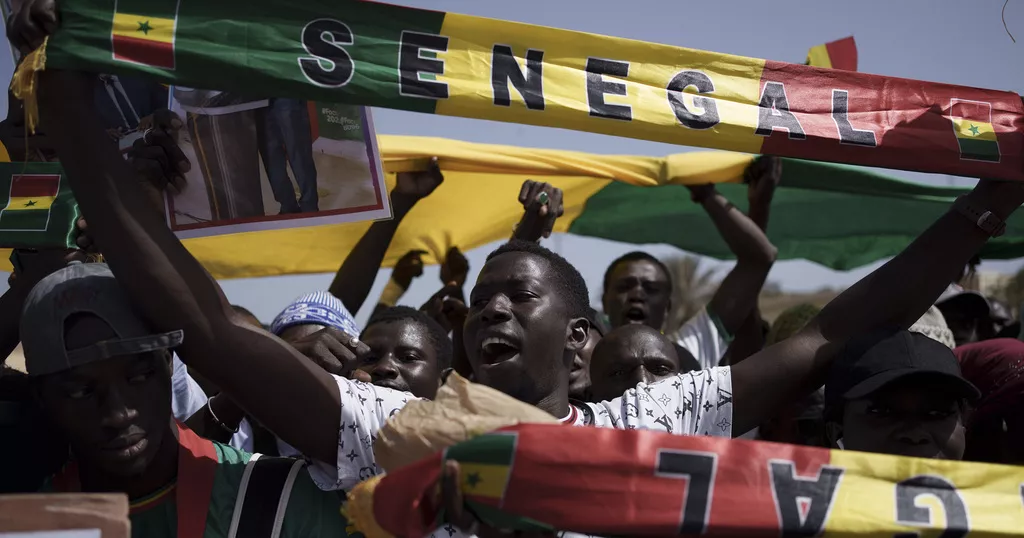As the dust settles from recent political unrest, eligible voters in Ndiaganiao have eagerly participated in the electoral process, in the spirit of democracy in Senegal.
With President Macky Sall’s tenure coming to an end due to term limits, seventeen contenders throw their hats into the ring, each aspiring to assume the highest office in the land.
Originally scheduled for the previous month, the election faced a delay orchestrated by Mr. Sall, inciting violent opposition demonstrations and plunging the nation into a state of democratic uncertainty. Senegal’s esteemed reputation as a democratic stronghold in West Africa was suddenly called into question.
As anticipation builds for Sunday’s election, a sizable electorate of seven million citizens prepares to partake in the democratic process. Among the contenders for Senegal’s presidency stands former Prime Minister Amadou Ba, aged 62, backed by the governing BBY coalition.
His primary adversary is perceived to be Bassirou Diomaye Faye, aged 44, who was only released from prison last week after being held since April 2023 on charges of insurrection, which he alleges were politically instigated.
Outspoken figure Ousmane Sonko, who was just released from imprisonment on what he claimed were false allegations, is barred from running in the election. Nevertheless, he and his now-defunct Pastef party rally behind his loyal confidant, Mr. Faye.
On Friday, former President Abdoulaye Wade and his PDS party solidified their backing for Mr. Faye, following the withdrawal of his son, Karim Wade, who was forced to withdraw due to his dual French-Senegalese nationality.
Read also: Senegal Rules Out Presidential Poll Before Sall’s Term Expires
Breaking a longstanding trend, the current election marks the first time in over ten years that a female contender has entered the fray. Anta Babacar Ngom, aged 40, assumes the helm of the ARC party as its leader.
The countdown begins for the revelation of election results, with indications pointing towards a potential runoff round due to the extensive candidate pool. Surpassing the 50% mark is essential for a candidate to secure a decisive win.
The global spotlight shines brightly as all eyes turn towards Senegal, eager to witness whether the electoral proceedings will contribute to the restoration of the nation’s tarnished reputation.
Speaking to the journalists earlier this week, President Sall said that he had “no apology to make” for postponing the election, which was originally due to be held on 25 February.
“I have done nothing wrong,” he said, adding that the decision to delay the vote was not taken unilaterally, but was due to electoral concerns raised by members of parliament.
He finally mentioned that all the actions that had been taken had been within the framework of the law and regulations.

